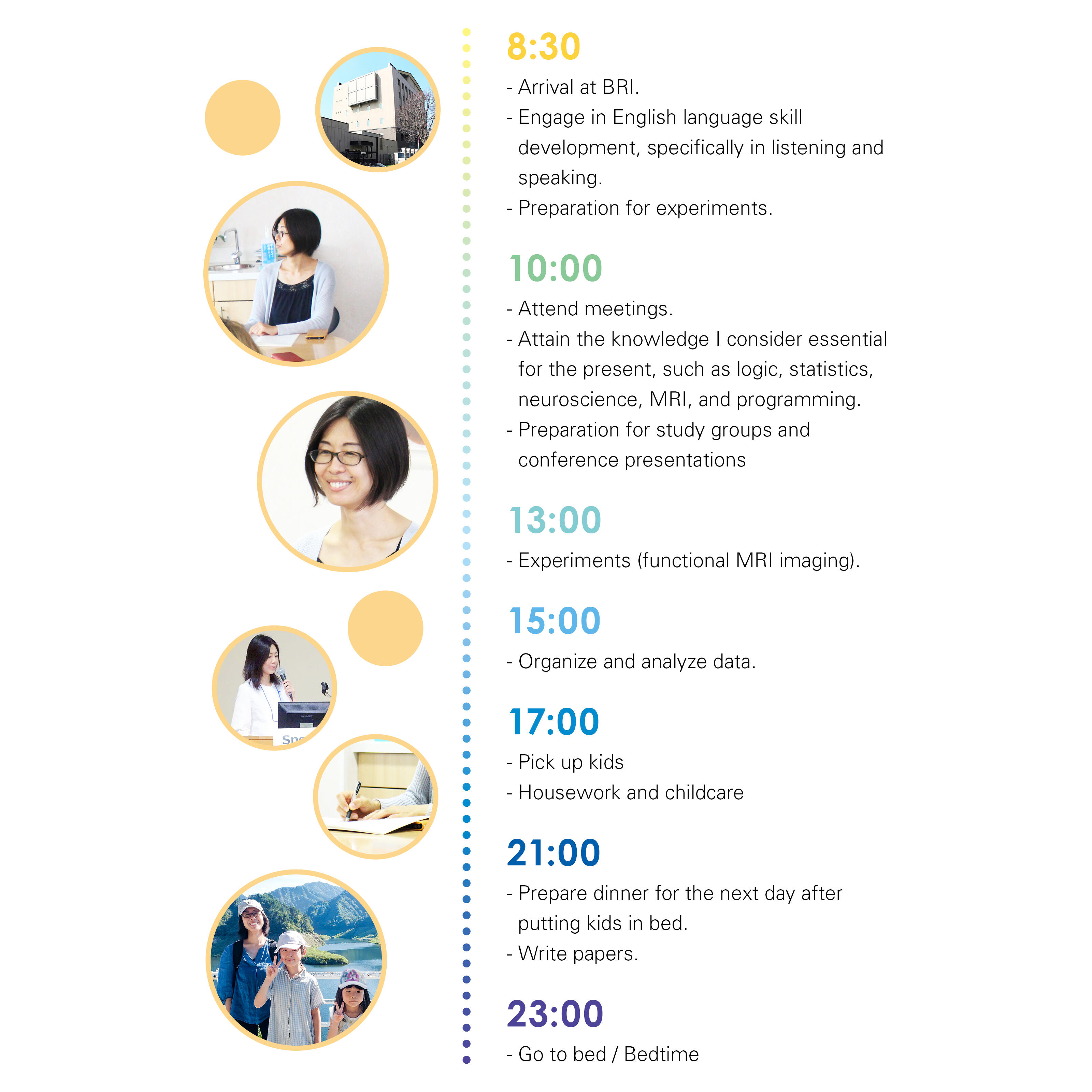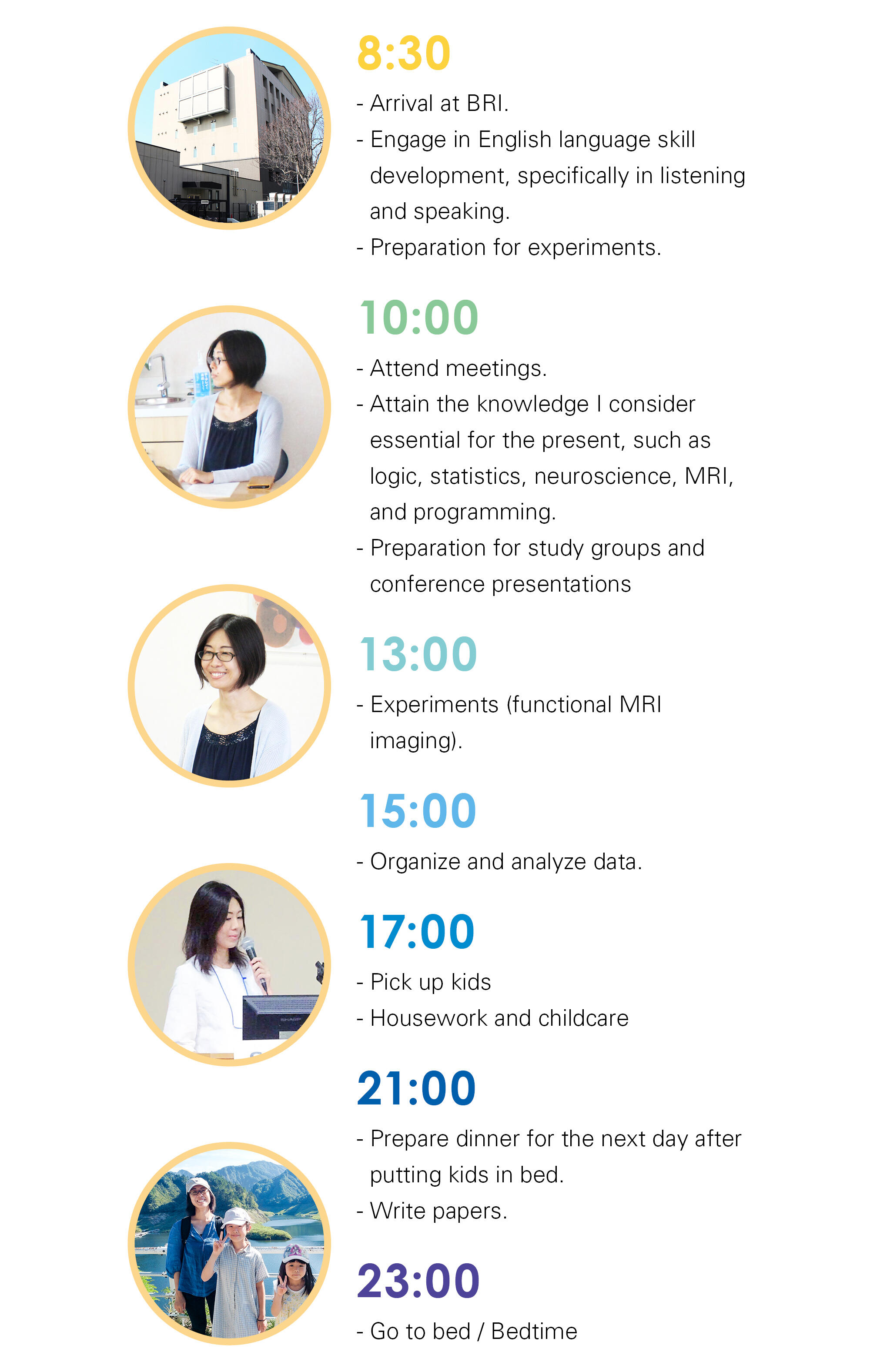
Chihiro Yagi
PhD in Biological Functions and Medical Control Course
Interview
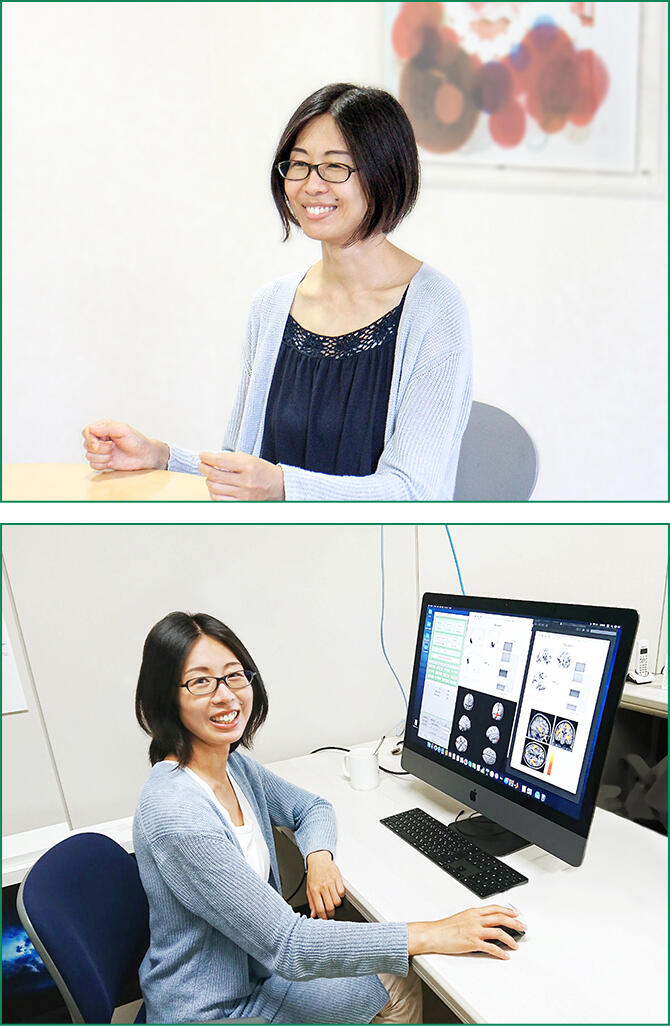
I am a graduate of Niigata University, and even before entering university, I had heard of BRI as a cutting-edge and innovative research facility. My professor in the Department of Otorhinolaryngology Head and Neck Surgery mentioned a proposal to conduct research on the relationship between the sense of balance and brain functions with the assistance of BRI researchers. I believed that being involved in research at BRI would provide me with invaluable experience.
Tell us about the research you did at BRI.
There is a chronic vestibular disorder known as persistent postural-perceptual dizziness (PPPD). This disorder is characterized by a persistent dizziness and unsteadiness lasting for three months or longer. Many patients do not exhibit problems with their balance sensors, such as the semicircular canals in the ears. It is believed that abnormalities in brain function, which serves as the central command center for the sense of balance, may be responsible. To investigate the underlying brain activity and determine the cause of this disorder, we conducted functional MRI imaging with the cooperation of our patients.
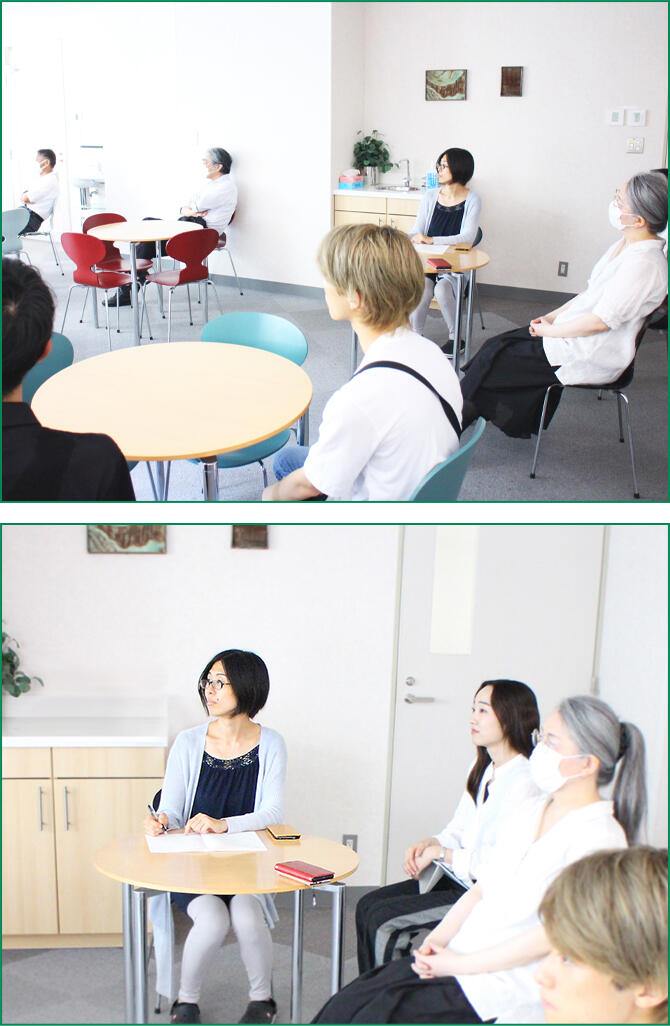
I consider the chance to be directly supervised by world-class researchers at BRI to be an experience of immense value. Despite their involvement in cutting-edge research, I had the privilege of receiving meticulous guidance from the very foundational aspects, in an interactive and study session format. Having transitioned to graduate studies after working in the clinical field of medicine for several years, my mentors helped me realize, for the first time, the importance of adopting a more thorough and investigative approach towards what unfolded before me, including patients' symptoms and pathological conditions. I consider this newfound perspective a significant asset in my career.
Do you have any plans or challenges you'd like to pursue in the future?
My graduate research was centered on elucidating the pathophysiology of chronic vestibular disorders. Unfortunately, we have not yet developed an effective treatment. After graduation, I plan to return to clinical practice, where I aspire to engage in clinical research with the aim of benefiting patients and, ideally, finding a cure for their symptoms. Given the absence of any breakthrough treatments reported worldwide, I am eager to collaborate and exchange information with researchers from other countries. If possible, I hope to contribute to the field by reporting an effective treatment from Japan in the near future.
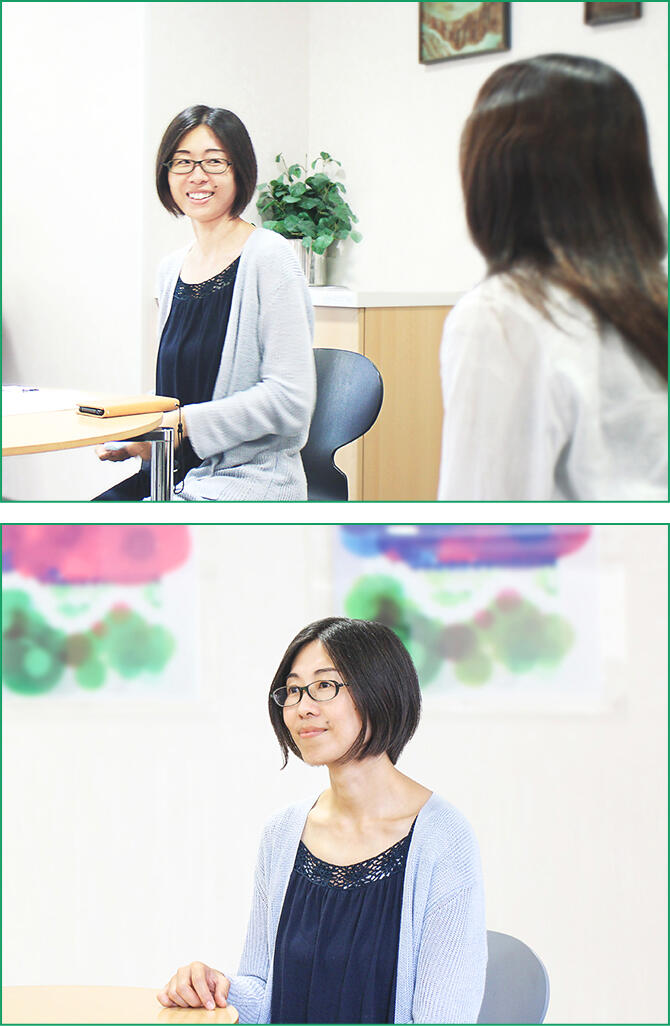
I have two elementary school-aged children, and after work and on weekends, I keep busy with the physical demands of raising them. It's a hectic life, but I've often found that good ideas come to me while doing housework or playing with my children. This reinforces my belief that sitting at a desk isn't the only way to 'think'. Even though I'm older now, I still have an affection for comic books, so my way of unwinding and refreshing myself is by indulging in some 'comic book reading.'
What would you like to say to the people who are thinking about graduate programs at BRI?
BRI provides an exceptional research environment. However, I believe it's essential to possess the determination to independently pursue research and maintain an active attitude for self-learning and work. If you maintain this mindset, BRI supervisors will support your efforts, and I am confident that this environment fosters enjoyable discussions while advancing your research.





